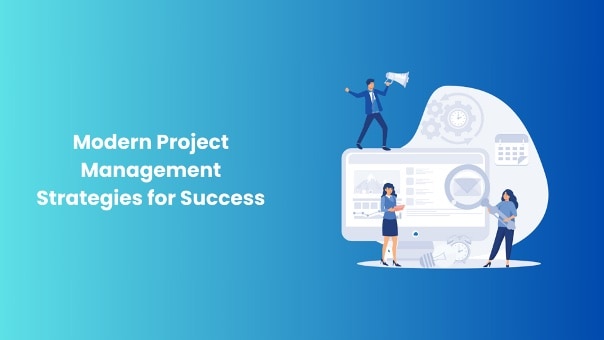
Middle Managers: The Unsung Heroes of Innovation
| 3 minutes read
We generally talk about entrepreneurs and employees, but no one talks about middle managers; they are essential people in any organization, their effort and commitment are commendable. They are one of the busiest people in the company, and they play a vital role in the company’s growth.
Who would want to be a middle manager these days?
Due to the enhancement of IT and productivity imperatives, they (middle managers) are now managing more people, dealing with more complex processes, and working within a limited schedule than ever before. As a result, middle managers make innovation, carry out too many tasks and bring abundant pressure simultaneously.
This is even though Middle Managers are critical in the execution of change and culture programs, as we observed, bridging the gap between the macro-level (designing structures, cultures, administrative processes, strategies, and protocols) and micro-level implementation (knowledge, needs, skills, experience, communication, learning, values).
“Middle Managers receive fewer resources, manage more demands and are less engaged than all other employee groups,” according to a Bersin & Associates 2011 report titled Maximizing Middle Managers.
Hard defined talent is walking Out
The effect of not developing or encouraging your managers cannot be exaggerated. Not only does it contribute to the high cost of unwanted turnover, but it also bleeds the communication channel/pattern between senior management and the front line.
This simultaneously constrains innovation and learning. An organization must respond quickly according to market demands and deliver the solutions as expected.
To sustain continuous growth, you must back/encourage your managers and allow them to do the innovation and use the new methods for maximum output. In short, they are the heroes of innovation.
Here are a few tips:
1. Make them realize that middle managers are leaders
Managers these days are mostly team leaders suspended in a web of working relationships, who require the emotional intelligence to engage, communicate, motivate and facilitate.
You might have observed that overseeing teams of Gen Y employees doesn’t want to be managed. Instead, they want autonomy and, when required, mentoring by someone they respect, someone they can trust, and someone from whom they can learn.
Empowering your managers with these kinds of leadership skills not only strengthens you against the loss of your star performers in your organization but also ensures you have managers with leadership skills for future succession planning.
2. Treat training as a company’s process, not a final event
According to the AIG – Australian Industry Group – the evidence from both academic research and business surveys says that “workplaces with more effective leadership and management capability are more productive, more profitable, and more innovative.”
Such workplaces constantly invest in strategy-driven, outcome-focused training at each level; they precisely check and analyze every decision. It is part of everyday business, a continuous learning process, where doing, learning, and doing again never ceases.
3. Recognize and celebrate achievements
Managers are generally busy in their work, and after achieving the target, they prepare for the following challenges and therefore forget to celebrate the success. On the contrary, team success motivates managers and employees to do the next work with the same dedication.
It is a great time to reflect on what worked, what didn’t work, and what you can do differently in the future. This is excellent nourishment for the team leader, who can use such intelligence to improve project outcomes in the future.
Be proud and prepare yourself up for future success
Middle management is a thankless job. It is between a floating floor of restless Gen Y’s and a concrete ceiling of entrenched baby boomers.
However, if you want to keep your star performers, make effective business strategy planning, and trump the competition, your middle managers may very well be the ace in your hand.
Last but not least…
It is challenging for managers who work hard to bring everyone on the same platform and make them work. They always have tremendous pressure and often sacrifice their personal life. People remember about companies’ success, founders, and the team, but they forget the middle managers who made it possible and contributed the most to its success.
Middle managers are one of the best weapons every company should consider and give them the freedom to work, plan, execute and allow them to manage in their unique way.

Born in the family of entrepreneurs and have inherited the same. Started building applications in order to pay for my tuition. Later founded a tech company, marketing agency, and media outlets.



